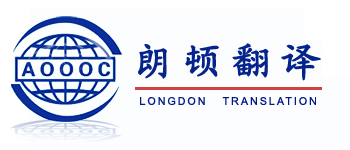In the competitive Chinese market, Western companies are losing the war for talent.
现如今,在竞争激烈的中国市场,西方企业正在人才争夺战中节节败退。
According to a 2017 report by Bain & Co and LinkedIn China, about a third of executives in Chinese companies moved from multinationals in the past five years. Only 10% of leaders of multinationals moved from local companies over the same period.
贝恩公司和领英中国2017年发布的报告显示,过去5年中,中国约1/3的企业高管来自跨国公司,而跨国公司领导层中仅有10%的人来自中国本土企业。
In 2012, Apple topped the list of the most attractive employers in China, according to global executive search firm Heidrick & Struggles. But by 2017, Chinese companies had taken the top position in five out of six business sectors.
全球高管猎头公司海德思哲称,2012年,苹果冠居中国最具吸引力雇主,但到了2017年,中国企业已在6个商业行业中的5个独占鳌头。

There are multiple reasons for the shift. Given the rise of Chinese tech companies like Baidu, Alibaba and Tencent, Chinese executives fear missing out on one of the world's mostcompelling growth stories as domestic companies become global players.
多重原因造就了这一转变:鉴于百度、阿里巴巴、腾讯等中国科技企业的崛起,大型跨国集团的中国高管担心会错过这些令全球瞩目的增长故事。
These executives can expect to move up the corporate ladder faster than if they remained atestablished multinationals.
这些高管还期望在中企能比继续留在那些老牌的跨国公司更快地得到晋升。
There is a cultural dimension too: working in China for a Chinese company means not havingto explain the Chinese market to Western business leaders in order to get ahead.
另外文化方面的因素影响也比较大,在中国公司工作,意味着不必向外国老板解释中国市场来获得成功。
To change this condition, Western companies must change the way they do business, startingwith developing a culture of agility and innovation in their Chinese operations.
要改变这种状况,西方企业必须改变它们的运营模式,从发展中国业务的灵活性和文化创新开始。
Multinationals need to be less rigid and controlling from headquarters to allow local Chinesetalent to experiment.
跨国公司需要不那么死板,允许中国本土人才进行试验,以应对中国市场的迅捷变化。




